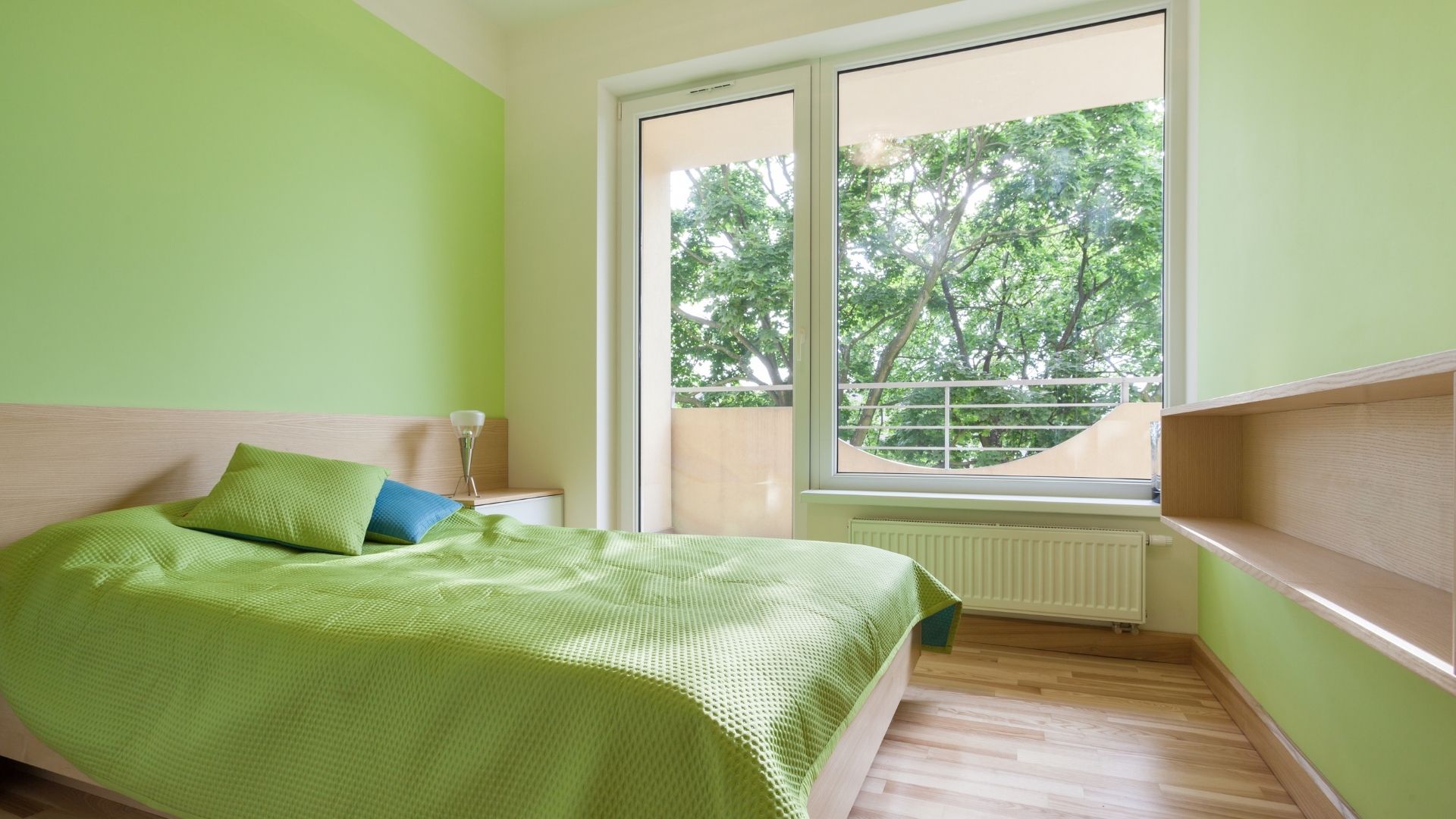The curious and complex topic of Airbnb within planning has sparked increased inquisitiveness in the planning profession over recent years, particularly at Ethical Partnership where we received an enquiry for advice regarding subletting with the company and associated planning permission.
For context, if you are letting a property for short periods of time and keep the property as (or as part of) your ‘family home’, then it is unlikely planning permission will be required under terms of Airbnb. However, if the property is only being used as a holiday rental, then a change of use is likely to be required.
Looking at planning permission around Airbnb, in the 2012 Court of Appeal judgement in Moore v SSCLG (2012) EWCA Civ 1202, the court found that each case depends on its own unique facts, and it is a “matter of fact and degree”. In this case, the Court found that there had been a material change of use and the property no longer fell within Use Class C3 (dwelling house) under the Town and Country Planning (Use Classes) Order 1987.
The explanation following this judgement suggests that a short-term rental (for example a B&B) compromising accommodation that sleeps up to 6-8 people, occupied by family groups who constitute a ‘single household’, will likely fall within Use Class C3. However, if the property is larger and sleeps more than the stated, where guests are part of different groups, arriving at different times (alike the previously discussed case), this may well constitute a material change of use to a Sui Generis use (having a use of its own form).
Provided a property has adequate planning permission for use as a dwelling house under Use Class C3, a homeowner and/or lender may consider such use be deemed to be a material change of use, then the property can revert to its authorised use as a private dwelling house and occupied by the owner or a let on a long-term basis (i.e., six months or more).
However, under Airbnb regulations, the company currently occupies a 90-Day Rule whereby in Greater London, The Greater London Council (General Powers) Act 1973 implemented a London-specific rule which restricted short-term renting of less than 90 days for a single stay. In accordance with the Deregulation Act 2015, homeowners can now rent out their properties on a short-term basis for up to 90 nights annually without requiring planning consent from the local authority.

Whilst the original restrictions were limited to the Greater London area, other local authorities are starting to consider whether to follow Greater London in its efforts to restrict the number of nights properties can be let on a short-term basis in any given year. Newcastle City Council, for example, was due to discuss this motion in 2018.
Lenders should consider whether their borrower’s loan is being serviced by the short-term renting income and, if so, whether a 90-day restriction may have an impact on this serviceability. Nevertheless, the 90-Day Rule can limit the number of days that a property can be “short-let” and becomes a good thing for councils and communities having a sense of control, meaning although this is only applicable to London currently, a good case can be provided to support why it can be successful in cities like Newcastle.
From March 2020, the pandemic restricted international travel and tourism to and from the UK for a significant period of time, resulting in an increase of UK-based ‘staycations’. The Rest Easy Group, being regarded as one of the UK’s fastest-growing holiday home marketplaces in the travel industry, saw a 33% increase in bookings when UK restrictions began to ease in July 2020. Prior to the national lockdown, online searches using the term ‘staycation’averaged to approximately 6,600 monthly searches, though by April 2020 this increased to 8,100. Despite various UK-based holiday homes increasing in popularity during the pandemic, staycations have been on the rise based on their affordability and ease of access, where platforms such as Airbnb have thrived.
In a period where staycations are on the rise and many people are beginning to express interest in entering the sphere of hosting a B&B even within their own family property, I believe it is important for Local Planning Authorities to acknowledge this rise and support those who wish to promote the tourism industry by sub-letting short stays.
Sophie Stanton, Planner at Ethical Partnership
Despite authorities meeting to discuss matters such as Airbnb and stay restrictions, there has been no further progression as to how this will be adopted by UK cities outside of London. Ultimately, this London-centric focus has marginalised other areas of the UK who would successfully benefit from the 90-day rule as well as having more clarification from their councils as to how they can be supported in becoming hosts.
Reflecting on the enquiry we received, the dilemma of applying for planning permission has significant costs. Despite the potential property existing as a residential, the council expressed the need for planning permission. However, when Airbnb regulation state there is no need for planning permission when a property already exists as a residential, this is where we as planners are faced with the task of entering and understanding the grey area of Airbnb and planning permission, where we use our professional expertise to support our clients in their ambitions and rights.
At Ethical Partnership we have a wide breadth of knowledge regarding planning matters. We are an interdisciplinary team and will be able to advise and support you in all planning, architectural and landscape needs.
If you would like to find out more about the work we do, you can check out the services we offer here and have a look through our portfolio of work here. You can also get in touch via our contact page or you can reach out to us on Twitter and LinkedIn.

